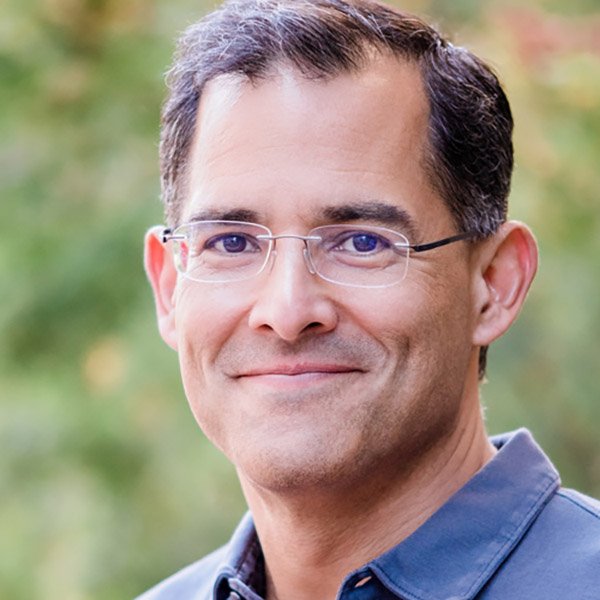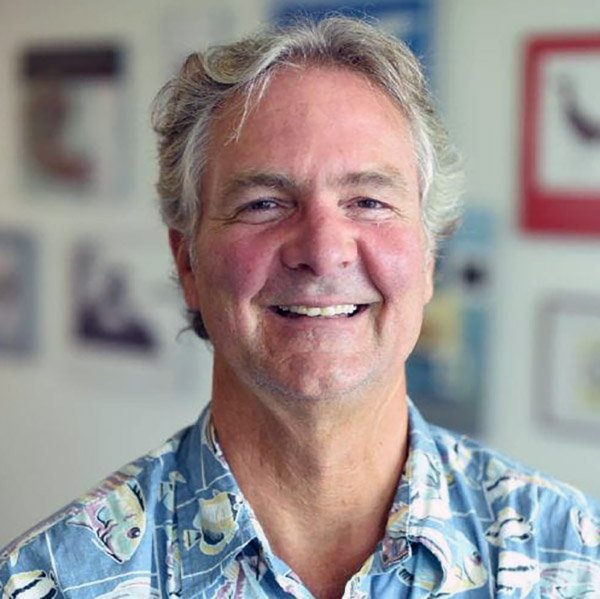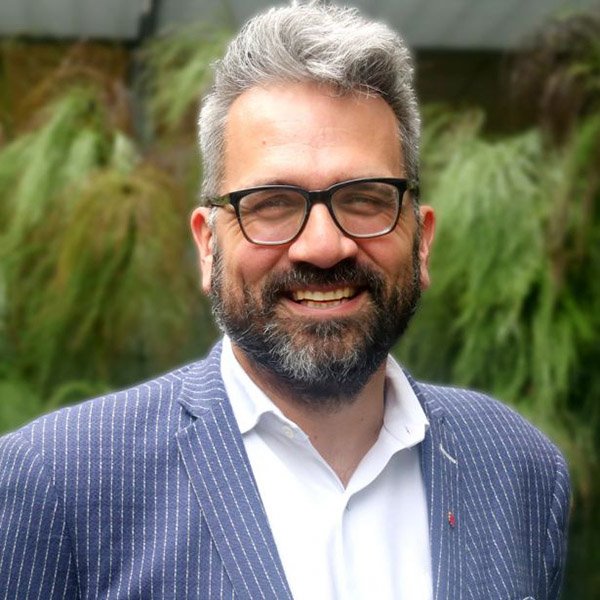The State of California allotted $20 million in this year’s budget to QB3 and its sibling California Institutes for Science and Innovation to plan and implement programs to strengthen and grow the workforce. QB3 will use its share — $5 million over five years — to provide students with training in advanced biotechnology, and to develop a program to enable entrepreneurial postdoctoral fellows to move new technology from the lab bench to the market.

“This is the hottest biotech environment in history,” says David Schaffer, a professor of chemical and biomolecular engineering, bioengineering, and neuroscience at UC Berkeley and director of QB3-Berkeley. “Companies are having a hard time finding and hiring good talent.”
The phenomenon is being amplified by the pandemic’s demands for diagnostics, vaccines, and therapeutics. In this tight hiring environment, the Bay Area and the whole state compete with regions across the country and worldwide to secure top talent. This new initiative will generate a homegrown workforce that Californian startups can employ to develop their technologies, build their teams, and put down roots in the state.
Schaffer is a seasoned entrepreneur himself, holding 28 patents and having co-founded six companies to date. Working with staff in the QB3 offices at UC San Francisco and UC Santa Cruz, Schaffer has laid out plans for the internship and entrepreneurial postdoc programs.
For more than a decade, QB3-Berkeley has recruited scientifically promising undergraduates and placed them with willing industry partners and research institutions as part of its Summer Undergraduate Biotech Internship program. Interns have been placed at Abalone Bio, Chan Zuckerberg Biohub, iSono Health, Plexxikon, and more. The new funding will enable this program to greatly expand in size.

The state funding will also fuel healthcare entrepreneurship at Santa Cruz. At its Silicon Valley Campus, Santa Cruz is planning QB3 programs (QB3@SVC), which will offer seminars and entrepreneurial training to ready students for internship opportunities at established as well as startup companies using AI, machine learning, data analytics, bioinformatics, and other data-driven approaches to improve the delivery of healthcare. According to QB3-Santa Cruz Director David Haussler, a leading figure in genomics and bioinformatics and director of UCSC’s Genomics Institute, “All of the big data companies working in healthcare are searching for graduates trained in how to transform that data into new products, services and capabilities in healthcare. At Santa Cruz we educate our students about this in the classroom, and now we will be able to provide real-world experience and support startups at the same time.”
A key aspect of the new and expanded program, Schaffer emphasizes, is that opportunities are available to students across UC campuses, in the spirit of QB3, a multi-campus institute. Santa Cruz students can take internships at Berkeley, and Berkeley students can access opportunities in Silicon Valley. Schaffer expects the overall program to support as many as 30 paid undergraduate internships per year.
However, there’s more in it for the students than just a summer paycheck. “We want it to be more than a three-month internship,” Schaffer says. “We want the students to get exposed to biotech culture beforehand. At Berkeley, they’ll get connected to programming and education at Bakar Labs.” Santa Cruz’s QB3@SVC will offer students a similar well-rounded experience in the data sciences.
Bakar Labs, the incubator at UC Berkeley’s Bakar BioEnginuity Hub, opened its doors recently to the first wave of startup tenants — including Axent Biosciences, which Schaffer co-founded. QB3 will organize regular talks at Bakar Labs featuring startup founders, investors, and industry leaders. Motivated students can take advantage of these events to learn how research is translated and commercialized into real-world products and services.
The workforce development funds will also support QB3’s new entrepreneurial postdoctoral fellowship program, which will launch at UCSF.
Fellows accepted to the program will be early-stage, energetic scientists looking to start their own companies. “The point will be to help postdocs identify bottlenecks in translation of their technologies from the bench to the private sector,” Schaffer says.
Some key issues will be highlighted as candidates pitch their proposals during the interview process. But identifying all the immediate bottlenecks will involve quarterly mentorship from experienced figures such as Schaffer, QB3 Executive Director Regis Kelly, and others. “I find it fun,” Schaffer says of the advisory role. “It’s part of teaching, helping someone take really cool technology and turn it into something that benefits society.”

Nevan Krogan, a UCSF professor of cellular and molecular pharmacology and director of QBI, a QB3-affiliated group, points out “if you’re trying to train students for the workforce, you have to find out what the workforce needs.” To identify opportunities for students in areas such as digital health and computational biology, the QB3 campus directors plan to organize one or more cross-campus symposia at the interface between academia and industry, particularly big players in the software sector.
The funding has just been released to QB3, and Bakar Labs has only just opened for operations. Both the internship and postdoctoral programs are still works in progress, Schaffer says, but internship placements will be made for summer 2022. QB3 will promote the opportunities in the early spring via its website, social media, and its newsletter. Startups interested in hosting summer interns in the coming years should reach out to QB3 through its campus offices at Berkeley, Santa Cruz, or its central website.
Also see this story from CITRIS.